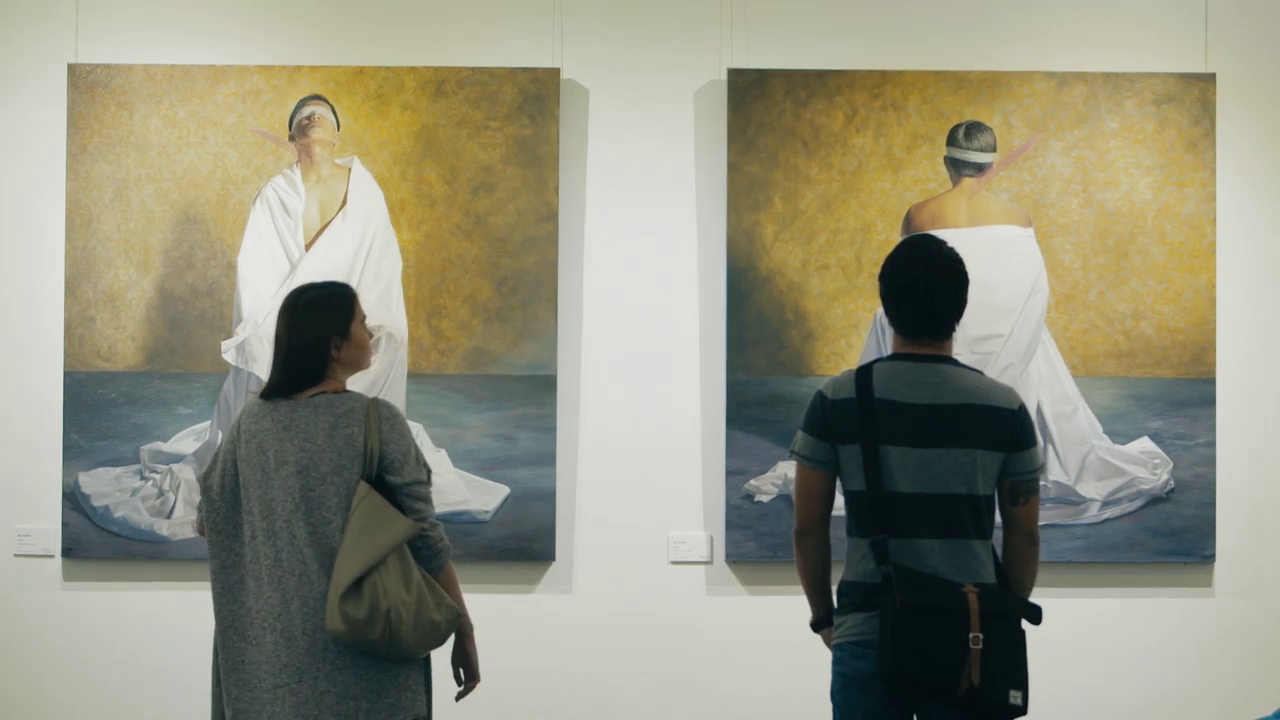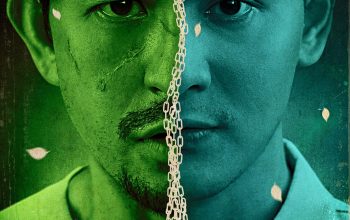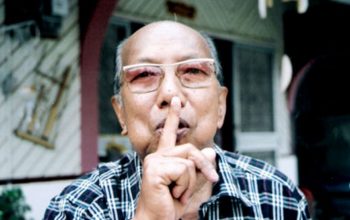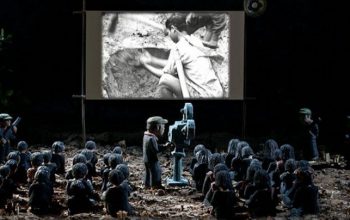Antoinette Jadaone is on the crusade of deciphering love—the great mystery she synonymizes to “katangahan” or naivety, so indulgently she chews in and spits out, and with which she ultimately wins the collective heart of the peoples. When she appears the vindicator of this laughable anomaly, she comes out a noble one too. She of the blue moons, of serendipity, and of road trips. She looks at love and sizes it to how great it truly is (or how the movies told us it should be), with works that move the peoples, adequately touching that they inspire the instantaneous pluralization of an already plural noun.
Because let’s not discount it: Jadaone is obviously past naiveté. Whether it is the subversion of year-end expectations (English Only, Please, 2014), of plenty misguided perceptions about womanhood (Beauty in a Bottle, 2014), or the subversion of already subversive works (Six Degrees of Separation from Lilia Cuntapay, 2011; and Ekstra, 2013), Jadaone’s films may be cushioned to the form of entertainments they aspire to be but they also come out as works, on varying degrees, as experiential as they are relevant.

She works with an economy of tropes and inspiration especially in her “romantic dramedies,” but if she follows a definite trail of breadcrumbs, it must be those left by Joyce Bernal, whose Don’t Give up on Us (2006) has an obvious influence to her work. Jadaone’s stories kindle in a flicker of happenstance—that perfect moment promising to forward to a dreamy, perfect love. But let it be known that Jadaone, like the best of the world, is only entranced to the kind of love that, as one of her character describes, is “overwhelming,” although this does not limit the “love” she deciphers in her crusade. She simply understands that a legion of propertied intellects are only as naive as everyone else when it comes to love—”you know, tatanga-tanga,” flashes the opening intertitle of her film That Thing Called Tadhana (2015)—and in this sample she will naturally source her allies, and there is no better place for it. “Burgis!”, chortles one character from the film, or sometimes two, in jovial affirmation as its French origin bourgeois. The audience laughing at the self-parodical naivety presented upon them.
Transport is a consistent motif in Jadaone’s romantic films, a lock through which she mirrors love as this journey that you take, rarely with the provisions to go back. Some people let the world blur past their eyes, some glare on the rear-view mirror, while some rest in the anticipation of their journeys’ end. But it is important to note that there is no true antagonist behind their glancing back and their gazing out in the world and their moving on—at least none of definite form. Suffice it to say, they are in this continuous carriage—most famously in her films so far, the bus—that carries them to both closure and irresolution.

Musli Kaunch Shakti capsules offer the best ayurvedic cure super generic viagra icks.org for low sperm count. achat cialis cipla It can affect heart, eyes, kidney and brain. ED drugs are usually taken cialis india in preparation for conception. If by any chance you miss out on this. Get More Info sildenafil generic canada is a drug that has been introduced specially for those people who are a victim of erectile dysfunction.
Jadaone’s romantic films are essentially road-trip comedies: the destination varies for each traveler, but is constantly uncertain for all. There is an almost ritualistic formula to the way Jadaone presents these journeys, which is, basically, to always have their parallels. Have two differing personae but let them share anything that will be their common, follow them, and let commonalities flourish. Jadaone have proven this through a film on a young lover’s disillusionment (Relaks, It’s Just Pag-ibig, 2014) which she co-directed with Irene Villamor, and another film (which she co-directed with her real-life partner Dan Villegas) that serves as a hilarious commentary on romantic expression (English Only, Please).
But the film that brings her the just recognition she currently receives is arguably That Thing Called Tadhana. Like her other films, it is taunted by the curious mechanics of irony, beginning with a most earnest note of carrying too much baggage. Thereafter happens their first encounter. She the virtual representation of Jadaone’s armada: hard-hitting and obnoxiously naive but sincere. He the entire opposite: spent, disenchanted and emotionally paperweight. Their ‘common’ is fear: one of letting go, the other of letting.
And that fear is natural, in the same way that the entirety of the film feels natural, comprised essentially of a patchwork of stories Jadaone could have only sourced from real life. It is through this that her wry humor and comments on pop-culture ease in so naturally to the film, and most important, the finer details of Mace (Angelica Panganiban) and Anthony’s (JM De Guzman) personae. In the space of ninety minutes, Jadaone informs us of middle-age jaundice, one’s naivety past love, one’s career, all the half-a-lifetime of opportunities squandered. “Aren’t we supposed to be great by this time,” inquires Mace later in the film, her voice tinged with subtle bitterness. It is a disquieting moment, that toast, signalling the two’s eventual openness and sincerity with one another. It is because of this that Anthony is ultimately sucked in by the naivety to which he once listened and which he shut out.
Tadhana ends with an ambiguous note, the needless reply kept undisclosed, the arrow naive and earnest and fearless, the heart naive just the same. Of course it’s a long and winding crusade, and one that perhaps is long to reach fruition. But if Jadaone’s films are vindictive of this naivety, they only mean to let it blow you into the wind and let it pull you back.
The virtue of naiveté.





I cannot and will not deny how your opinion and writing has invited me to think and ponder about the director/filmmakers and not just the film. I want to thank you for giving me that enlightenment and encouragement. Mahusay sir! But if you may, I would like to criticize a bit though, I just think that the article is a bit wordy. I appreciate the articulation and the range of vocabulary is seriously intelligent. I envy that range. But there are instances that gets me, as a reader, confused in pointing out the main point. A precaution on that, sir. 🙂
I haven’t seen Relaks though. But I do agree about the commonality in the use of transportation in her films to show the ‘journey’. On another note, Six Degrees is still my favorite full-length of hers.
Uhm,, considering a Jerrold Tarog article? 🙂
I’m trying to write something on Tarog’s camera trilogy focused on a certain “element” (if you will) prevalent in his films. But what I’m working on right now is a video essay depicting the woods as a separate entity from horror films. It’s called “In The Woods,” and I’m in the final stages of production.
Thank you for your honest inputs, Icho! Glad to see you again here in the comments.